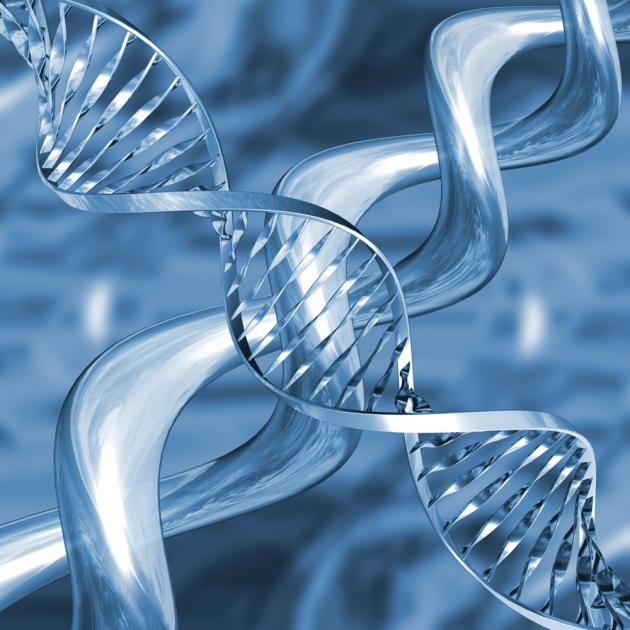Korean pharmaceutical companies are jumping into the biobank business. Biobanks collect material and genetic information from the human body, including blood, tissue, cell, plasma, and protein. The materials are frozen and provided to researchers according to demand.

The global biobank market is expected to reach $2.69 billion by 2022, growing at an annual rate of 7.8 percent from $1.85 billion in 2017.
The interest in storing human body matter in these biobanks is rising thanks to the growth of precision medicine. Precision medicine analyzes the genetic, clinical, and lifestyle information of a patient and interprets them to produce a targeted, customized treatment for the individual. Big data such as genetic information collected is necessary for precision medicine.
The domestic biobank business began in 2008. The Korea Centers for Disease Control and Prevention is running a national biobank. Seventeen university hospitals also have their respective biobank units, according to local reports.
Korean pharmaceuticals are now jumping on the bandwagon by rapidly entering the biobank business.
Hanmi Pharmaceutical Group said early this month that its affiliate COREE Group would work with Italy’s Università Cattolica del Sacro Cuore and Agostino Gemelli University Polyclinic to create a biobank for mothers and children called Mother and Child and Beyond.
Hanmi Group stressed that it is the world’s first biobank that studies both the mother and child. COREE Group is a firm founded by Hanmi Pharmaceutical’s Lim Jong-yoon and is operating worldwide in Italy, China, and Korea.
The biobank will collect various information obtained from the body, including plasma, blood, urine, tissue, and cells, and store them to use when needed.
Other Korean firms are also jumping into the fray.
Kim Seok-jin Probiotics Lab, an affiliate of BioEleven, made Asia’s first stool bank in June this year. Like a blood bank or sperm bank, researchers collect donated feces from healthy people and extract and analyze intestinal microorganisms (microbiomes). The microbiomes are then used to treat patients suffering from intestinal diseases through fecal grafts and microbial capsules.

